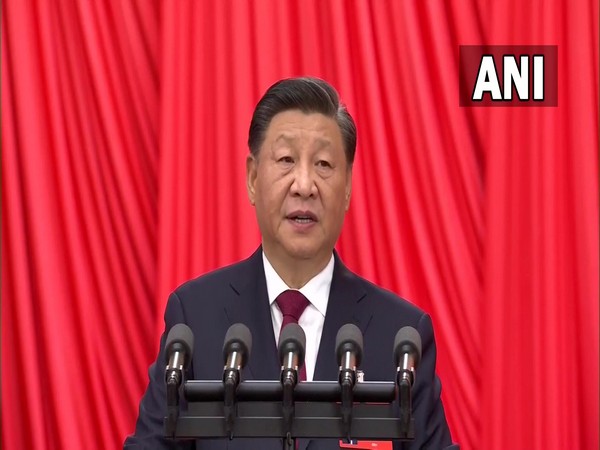Taiwan's Position on Independence Sparks Global Debate
The ongoing debate over Taiwan's independence continues to create international tension. With its own democratic governance and de facto independence, Taiwan remains unrecognized by many nations. China insists on eventual reunification, proposing a 'one country, two systems' policy. However, Taiwan's political parties are divided, and independence declarations face constitutional challenges.

In a significant diplomatic exchange, Chinese President Xi Jinping urged U.S. President Joe Biden to adopt stronger language regarding Taiwanese independence, according to American officials. The complex history of Taiwan fuels ongoing tensions between Taipei and Beijing.
Once ruled briefly by European powers and Japan, Taiwan’s history took a pivotal turn in 1949 when the Republic of China government relocated to the island after losing to communist forces. Today, Taiwan operates with de facto independence, though official recognition is limited internationally.
The geopolitical status of Taiwan remains in flux as China envisions a reunification through a 'one country, two systems' approach, though it faces resistance in Taiwan. The internal political landscape is split, with significant hurdles to amending the constitution to formally declare independence.
(With inputs from agencies.)










